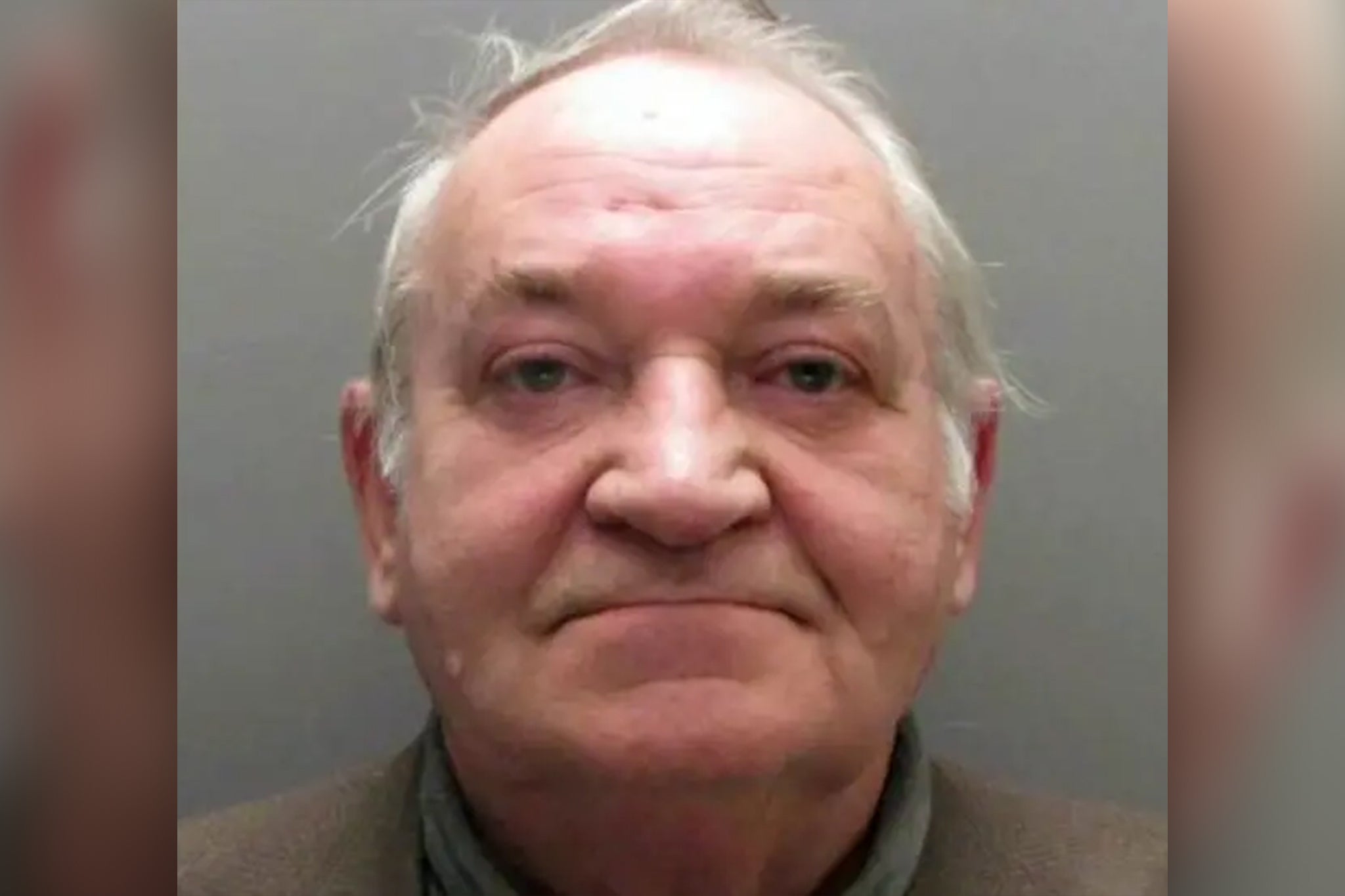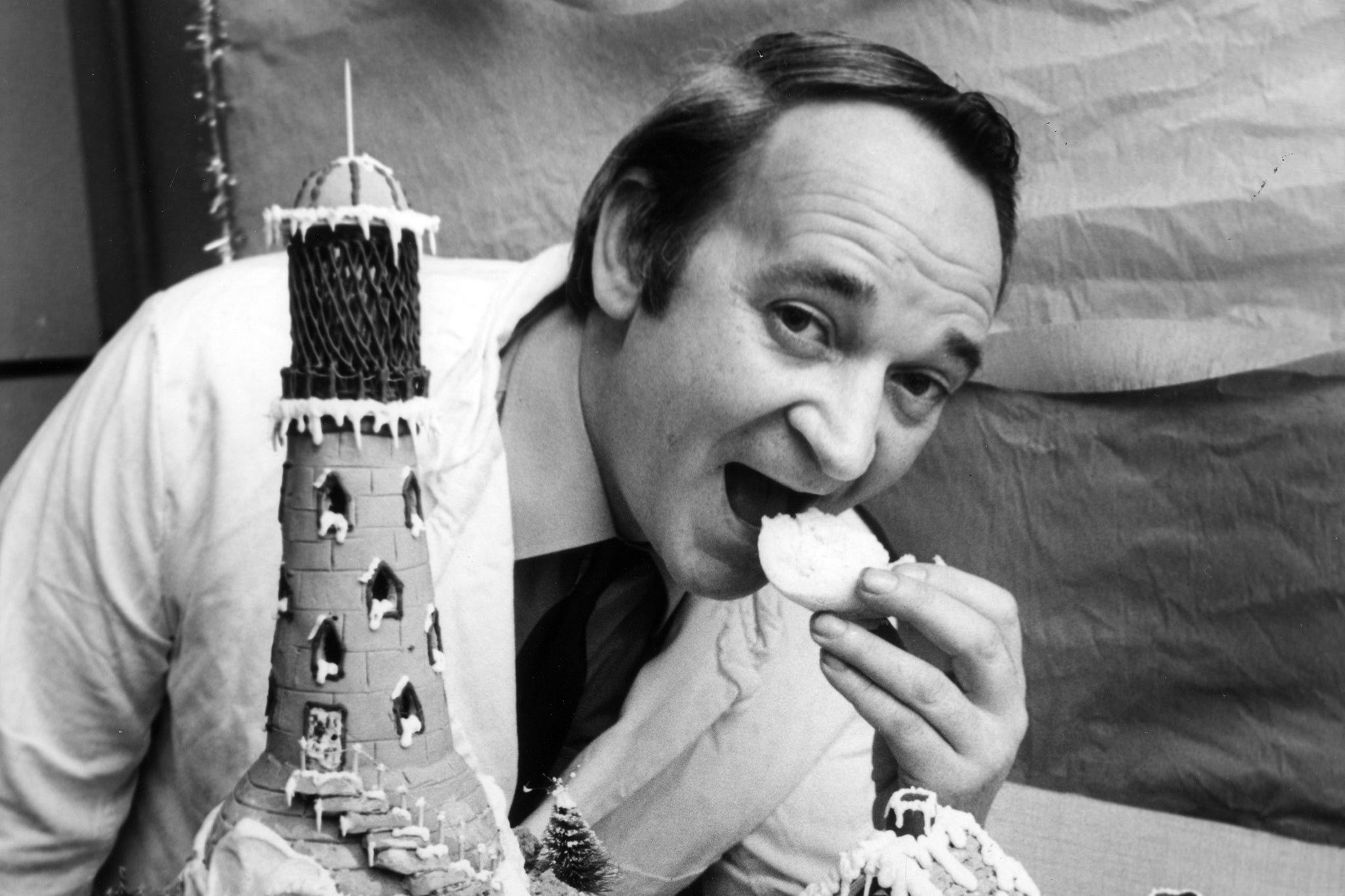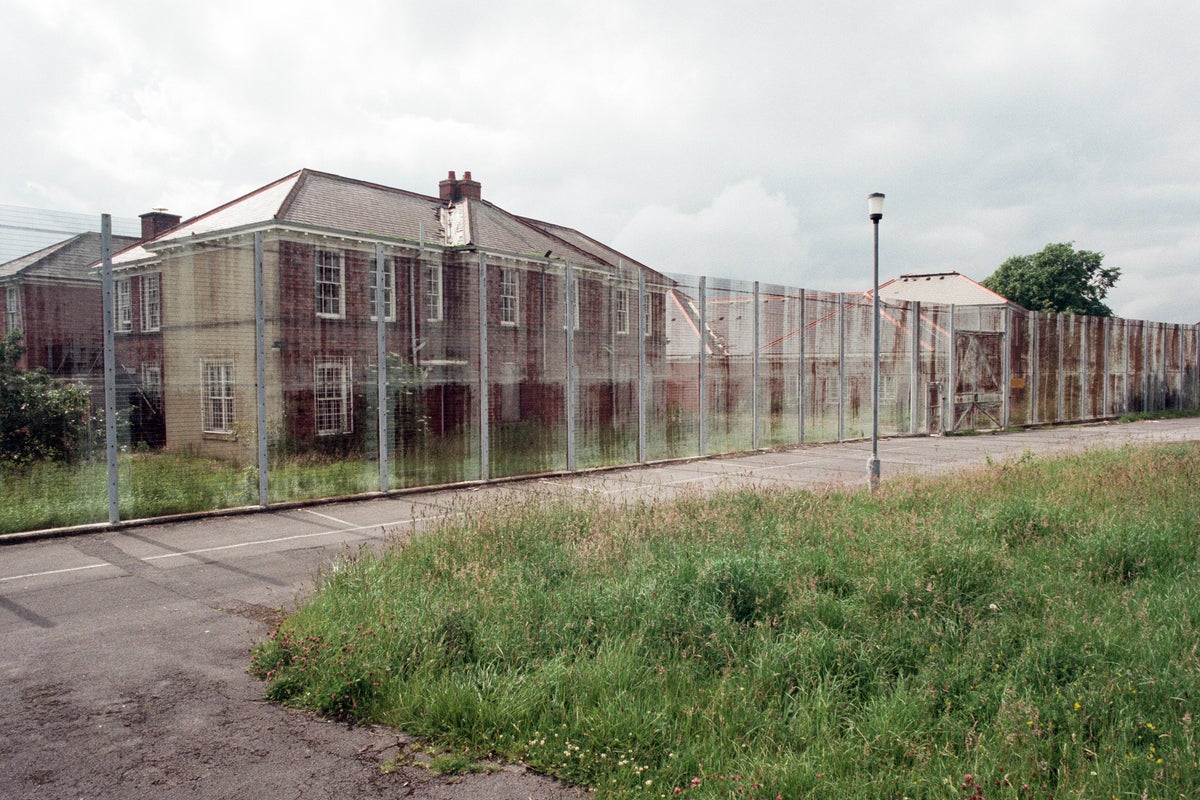The state supplied victims to the “worst sex offender in our history” as systemic failures allowed widespread physical and sexual abuse to continue unchecked at a youth detention centre, a major report has found.
The prisons watchdog says survivors of Medomsley Detention Centre deserve a public apology after he found leaders at every level “failed in their duty” to protect detainees.
The centre, which operated from the site of a Victorian former orphanage in Durham from 1961 to 1987, subjected men and boys aged 17 to 21 to brutal physical and psychological abuse which often started with a punch in the face at the prison gates.
Part of a Margaret Thatcher-era policy of hitting low level offenders with a “short, sharp shock”, violence became an embedded part of a military-style regime which saw boys beaten, strip-searched, humiliated and made to carry out a punishing routine of chores and drills.
Hundreds also found themselves subjected to horrific sexual abuse, including in the kitchens, where predator Neville Husband would rape two or three young men a day.

In a damning new 202-page report almost 40 years after its closure, Adrian Usher, the prisons and probation ombudsman (PPO), found allegations of abuse at Medomsley had reached the ears of government ministers, the police and the Prison Service but were “ignored or dismissed”.
Successive wardens were either complicit or “lacked dedication and professional curiosity to such an extent as to not be professionally competent”, the ombudsman said.
He identified dozens of specific cases where individuals tried to speak up, but authorities failed to act. This allowed Medomsley to operate “effectively beyond the reach of the law” for 26 years, Mr Usher found.
“I think you could argue that the leadership at Medomsley was such that every single day was a missed opportunity,” he told The Independent.
“Had any of those leaders discharged their duties properly and proactively, then they would have saved the abuse of 1000s of young men.”
Only eight former members of staff have been jailed for their role in the abuse, including two for sexual offences, following two major probes by Durham Constabulary.
Although the passage of time and loss of evidence will make further convictions unlikely, Mr Usher believes only a handful of those involved in the mistreatment were ever held to account.
As of September 2021, the government had already paid out £7.2m to 1,651 victims who endured physical or sexual abuse at the centre. Since then, claims have soared to 2,852 victims, however the Ministry of Justice has not revealed the total paid out.
“I think there will be members of staff who are still alive, whose own consciences will tell them that they weren’t held to account for what they did in those years,” he added.
He concluded that the fact that systemic sexual abuse had continued for so long would have required the “silence of many”.
Husband, who ran the kitchens, was jailed in 2003 for sexually abusing five teenagers at the unit. He admitted four more attacks in 2005, but died at liberty in 2010.
However, had he been held to account for the full scale of his offending, he would have been imprisoned for the rest of his life, the report found.

Husband – described as an “arch-manipulator” who intimidated other staff – has been linked to 388 alleged sex attacks, out of a total of 549 documented sexual abuse allegations at Medomsley.
Mr Usher said: “Husband, in my view, is possibly the most prolific sexual offender in our history. Sex offenders are normally constrained by a number of factors. The first is the availability of victims. And in this case, the state was providing him with victims.
“They’re constrained by the fear of being caught, which over a period of time, Husband would have become increasingly certain that he wasn’t going to be caught. In fact, for his entire professional career, he wasn’t.
“And then, thirdly, by their own libido, and we know that in the case of Husband, we have details of him raping two or three young men a day, and he was employed there for 18 years.”
He said oversight and governance were ineffective and visits from the board were treated “more like social events” to enjoy a cup tea with the warden.
A total of nine wardens led the detention centre during its operation. Mr Usher added: “I find it extraordinary that in the entire operation of Medomsley, not one of those wardens formed a relationship of trust sufficient for a young man to be able to say what was happening to them in the kitchens.”
Although he has not made any formal recommendations, Mr Usher warned the complaints process for children in custody remains the same today.
The watchdog also questioned why there is no independent party who proactively speaks to children in custody about safeguarding issues.
“We know that children are most likely to confide if they are being abused to people they know, and yet, family members currently can’t make a complaint to a prison about the treatment of their loved one,” he added. “And there is, I think, a threshold of allegation where that shouldn’t be the case.”
He believes victims deserve a public apology and urged organisations, including the police, the probation service, the prison service and the state, to examine their consciences.
Andrea Coomber KC, chief executive of the Howard League for Penal Reform, urged those in public life to read the “unbearable” details of the investigation, adding: “Thousands of young lives were ruined beneath a cloak of secrecy while many of those with the power to make it stop either contributed to the torture or turned the other way.”
She said the damning findings must alert everyone to the reality of what can happen in places of detention when appropriate safeguards are not in place.
“Almost 40 years after Medomsley’s closure, there remains a tolerance of everyday inadequacy in the treatment of children in custody that must be challenged,” added.
Pia Sinha, chief executive of the Prison Reform Trust, also called for those responsible for in custody to reflect on the report, adding: “Today’s deeply distressing report is a sobering reminder of the importance of transparency, safeguarding, oversight, and accountability in our most closed institutions.
“The abuse suffered by the boys and young men at Medomsley represents a profound failure of care and protection, and it is vital that these truths are recognised and remembered.”
The Ministry of Justice has been contacted for comment.




